A review of episodes 3 & 4 of Ghost in the Shell: Arise
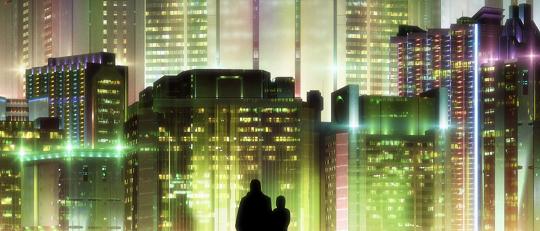
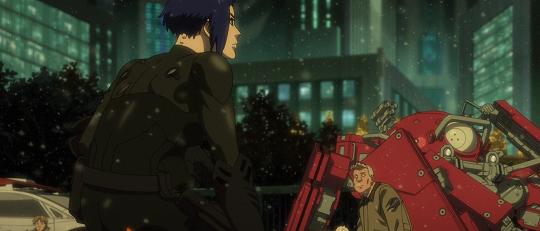
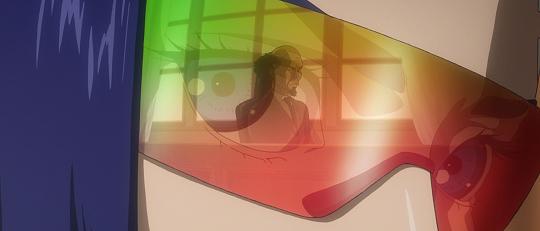
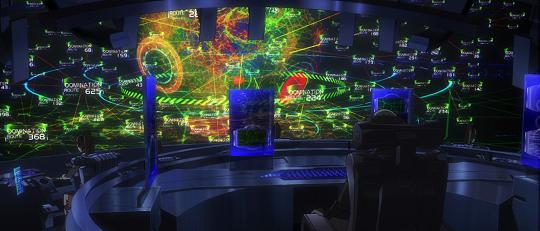
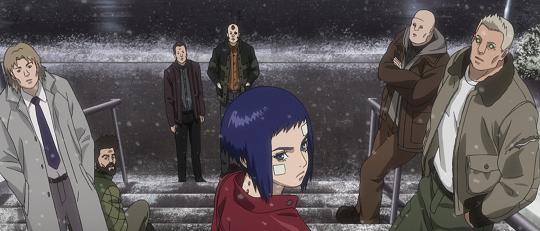
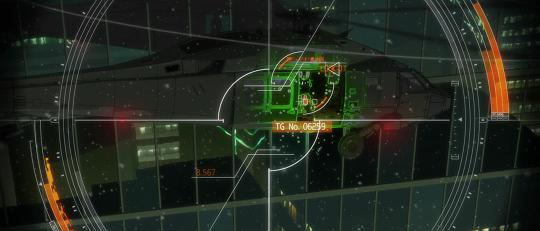
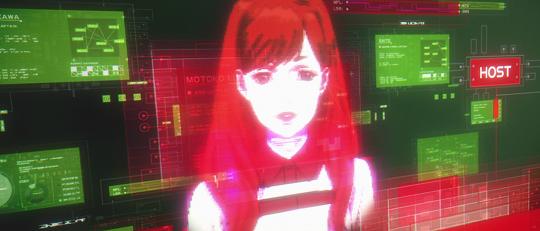

I was six when the Ghost in the Shell manga was first released, twelve when the Mamoru Oshii movie was originally released and fifteen when I saw it on Manga Entertainment’s first VHS release of it. Since then there has been second Oshii movie which, like its manga sequel by Masamune Shirow, many people would rather forget happened, and the almost universally well regarded Stand Alone Complex TV series, all fifty two episodes, two compilation movies and an original TV movie of it. That’s an awful lot of history for a franchise and is something that the last two releases of the latest entry, Arise, seem all too aware of.
Ghost Tears and Ghost Stands Alone, despite being initially released in theatres, are episodes rather than movies. At only fifty minutes each they have neither the time nor the isolation that movies do, and one would argue, that Ghost in the Shell as a concept needs. I said before that the first two entries, Ghost Pain and Ghost Whispers, held onto the ideas that run across the franchise:
“The layering of bureaucracy and machinations of governments and individuals in a world that is highly networked and ruthlessly mechanised, and ultimately facing new and increasing challenges because of it.”
That’s an awful lot to cram into only fifty minutes, and it has required some sacrifices that not everyone has taken to kindly.
Read the rest of this entry

A lot of anime deal with identity, but in different ways: whether it is the all-encompassing, driving force behind the movie and series extravaganzas that are Ghost in the Shell and Evangelion or as an undercurrent to more prevalent themes like with Guts in Berserk or Faye in Cowboy Bebop, it is fair to say that many different anime use identity as at least part of their narrative thrust. Even looking at disparate, popular shows like Bleach and Naruto reveals a simplistic version of the theme with the push to become strong and protect - a topic that is an essay in itself. It's only when investigating beyond the obvious that it becomes apparent identity is prevalent in so many different genres of anime that it begins to reflect how they were conceived and upon the creators themselves.
how flippantly cyborgs view gender when the possibility of reproduction is removed
Identity is a wide and multitudinous topic that has been researched by psychologists and philosophers alike for centuries so it's no surprise it is present in a culturally reflective medium as anime. Perhaps the most subversive and comedic is gender identity and the question of what defines gender. The earliest anime I can recall that toyed with this is
Ranma ½ which had the titular protagonist switch from one gender to the other with the application of cold and hot water - it is played for laughs more than as a thoughtful treatment on the subject but the enforced gender switching is in so many other series from
Kashimashi to
Kämpfer that it can hardly be ignored. This is without mentioning the less extreme sex swapping with cross-dressing which has of course birthed one of the most cherished anime cultural staples: the trap.
Read the rest of this entry








